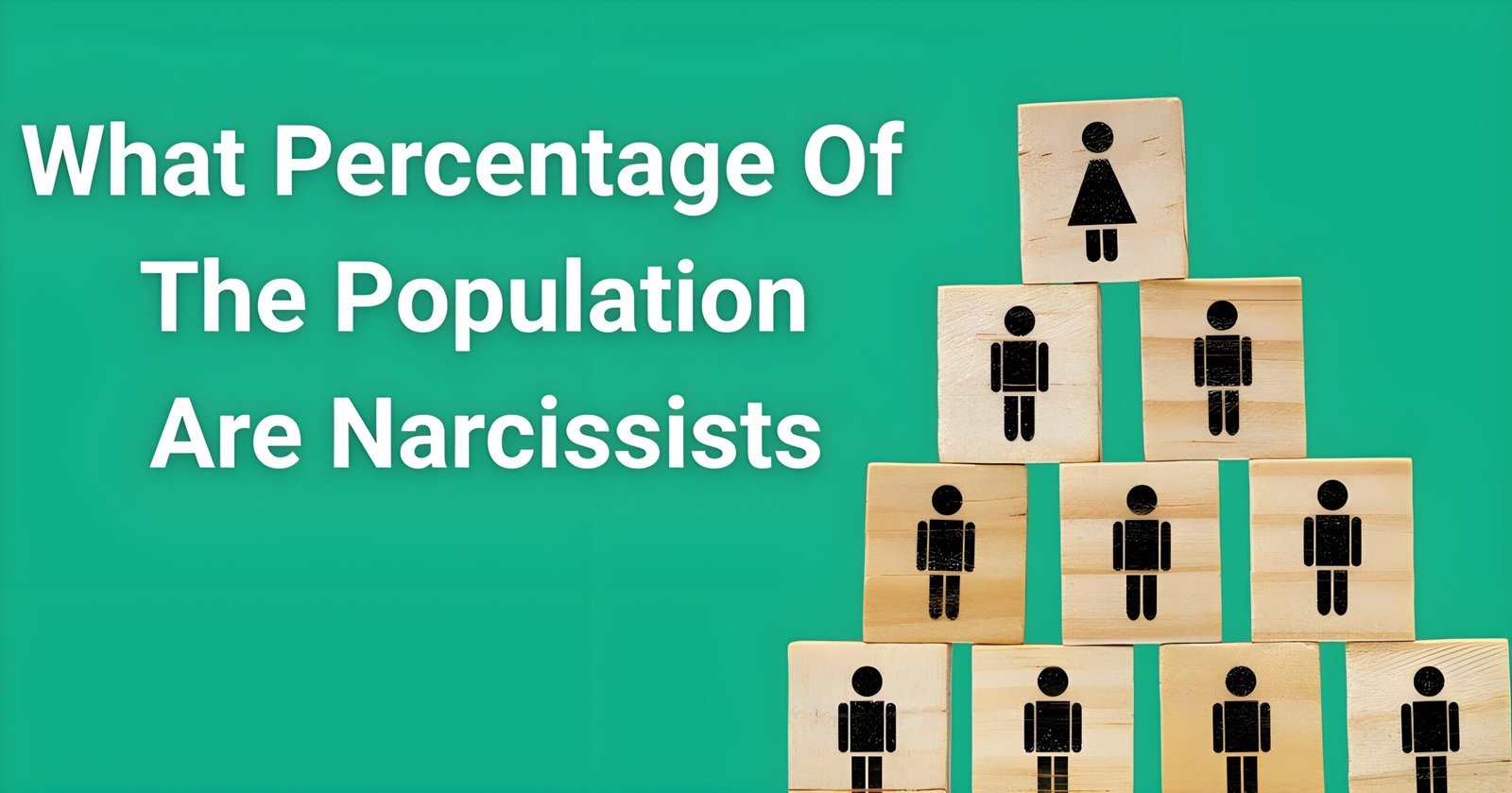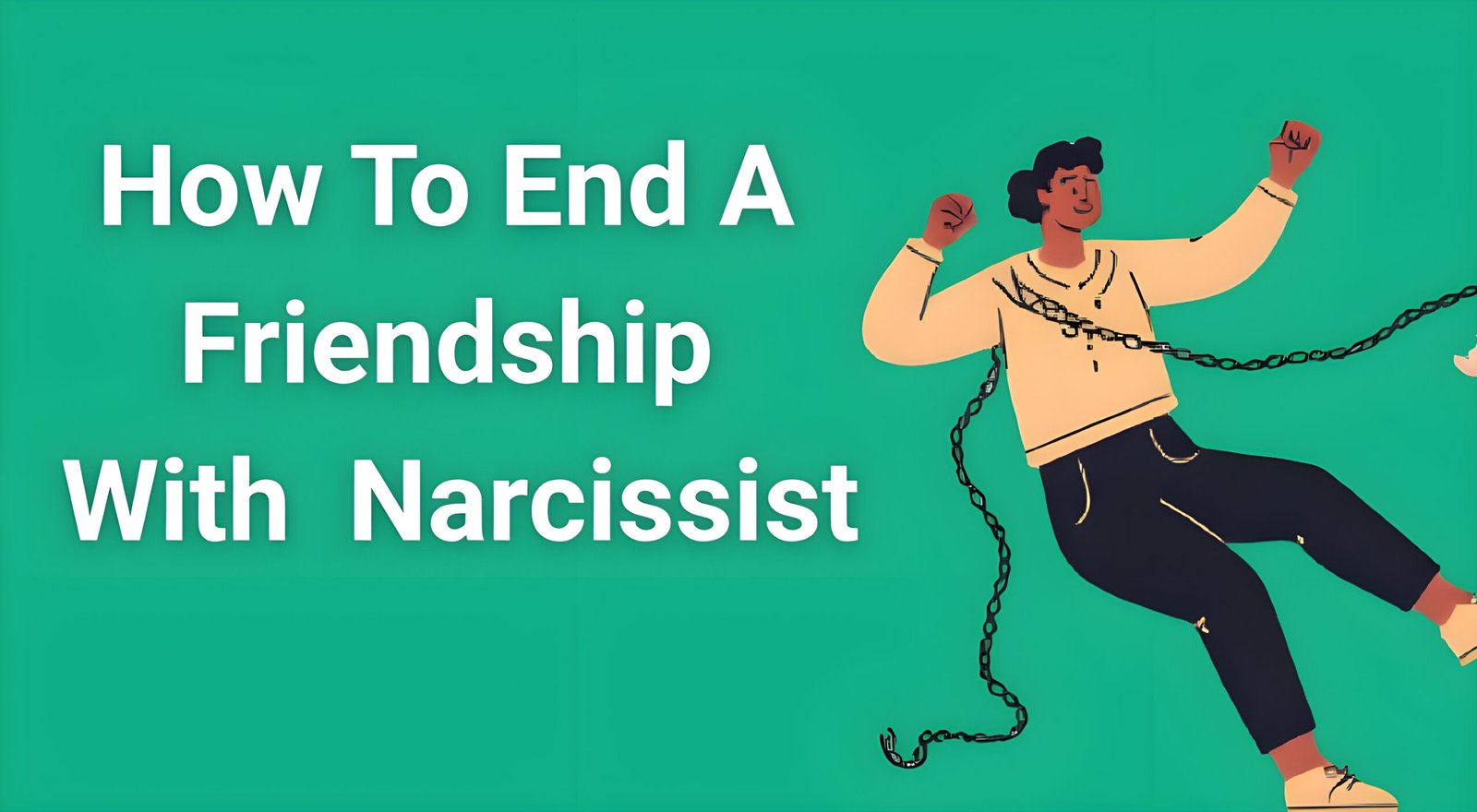Can narcissist be treated? The hope that destroys you – these words capture the devastating psychological trap that keeps millions of survivors bound to their abusers, sacrificing years of their lives waiting for change that never comes. After working with thousands of survivors through NarcissismExposed.com as a Certified Narcissistic Abuse Specialist, I can tell you that this hope represents the most dangerous emotion you can harbor in an abusive relationship – more destructive than anger, more paralyzing than fear, and more binding than trauma bonds themselves.
- Understanding the Psychology Behind Can Narcissist Be Treated? The Hope That Destroys You
- Can Narcissist Be Treated? The Hope That Destroys You Through False Progress
- The Neurological Reality: Why Can Narcissist Be Treated? The Hope That Destroys You Defies Science
- Can Narcissist Be Treated? The Hope That Destroys You: Real Survivor Stories
- Breaking Free from Can Narcissist Be Treated? The Hope That Destroys You
- Can Narcissist Be Treated? The Hope That Destroys You: Professional Validation for Letting Go
- Moving Beyond Can Narcissist Be Treated? The Hope That Destroys You
- Key Takeaways: Understanding Can Narcissist Be Treated? The Hope That Destroys You
- Frequently Asked Questions
The brutal truth is that the hope that narcissists can be treated becomes a psychological prison that prevents survivors from recognizing the reality of their situation and taking the necessary steps to protect themselves. This hope isn’t noble or loving – it’s a trauma response that keeps you trapped in cycles of abuse, broken promises, and endless disappointment that can destroy your mental health, steal your future, and rob you of the life you deserve.
Understanding why the question “can narcissist be treated? The hope that destroys you” resonates so deeply with survivors is crucial because this hope often becomes the final chain that keeps you bound to someone who is systematically destroying your sense of reality, self-worth, and emotional wellbeing.
What makes this hope so particularly devastating is that narcissists themselves fuel it with promises of change, therapy attendance, and temporary behavioral improvements that create just enough progress to keep you invested while never creating the fundamental transformation that healthy relationships require.
Understanding the Psychology Behind Can Narcissist Be Treated? The Hope That Destroys You
Before exploring why hope for narcissistic change becomes so destructive, it’s essential to understand the psychological mechanisms that make this hope so powerful and so resistant to evidence that contradicts it. The question “can narcissist be treated? The hope that destroys you” reflects a complex trauma response that goes far deeper than simple optimism or love.
This destructive hope operates through several psychological mechanisms that create addiction-like patterns in survivors’ thinking and behavior. Understanding these mechanisms is crucial for recognizing how hope itself can become a form of self-harm that prevents healing and escape from abuse.
The Intermittent Reinforcement Trap
The most powerful factor that makes hope so destructive in narcissistic relationships is intermittent reinforcement – the unpredictable schedule of rewards that creates the strongest psychological bonds known to behavioral psychology. When narcissists occasionally show glimpses of the person you fell in love with or make promises about changing, these moments create powerful neurochemical rewards that strengthen your hope despite overwhelming evidence to the contrary.
The intermittent reinforcement cycle includes:
- Crisis or threat of consequences that motivates apparent insight
- Temporary behavioral changes or promises to seek treatment
- Periods of relative calm that feel like genuine progress
- Gradual return to manipulation and abuse patterns
- Victim-blaming for the relationship deterioration
- New crisis that restarts the cycle with fresh promises
This cycle is so psychologically powerful because:
- Each moment of apparent progress validates your hope and investment
- The unpredictability creates addiction-like craving for the next “fix”
- Your brain becomes conditioned to focus on potential rather than reality
- The temporary relief periods become more valuable than consistent peace
- Each setback is explained away as temporary or circumstantial
Research from Harvard Medical School shows that intermittent reinforcement creates stronger psychological bonds than consistent positive reinforcement, explaining why survivors often feel more attached to abusive partners than they did to healthy relationships in their past.
The Sunk Cost Fallacy in Emotional Relationships
Another crucial factor in understanding why “can narcissist be treated? The hope that destroys you” becomes so compelling is the sunk cost fallacy – the psychological tendency to continue investing in situations because of previous investments rather than future potential. The more time, energy, and resources you’ve invested in hoping for change, the harder it becomes to accept that this investment won’t pay off.
The emotional sunk cost trap includes:
- Years of emotional labor trying to help them develop self-awareness
- Sacrificed relationships with family and friends who expressed concerns
- Financial resources spent on therapy, books, and relationship improvement
- Personal goals and dreams postponed while focusing on their healing
- Identity increasingly tied to being the person who could “save” them
This trap deepens when:
- Each new therapy attempt feels like it might finally be “the one”
- Leaving would mean admitting all previous investments were wasted
- Your sense of self-worth becomes tied to successfully helping them change
- Hope becomes more important than evidence when evaluating progress
- The relationship becomes a project rather than a mutual partnership
Can Narcissist Be Treated? The Hope That Destroys You Through False Progress
One of the most insidious aspects of hope in narcissistic relationships is how narcissists weaponize this hope by creating false progress that feels real enough to maintain your investment while never producing lasting change. Understanding these manipulation tactics is crucial for recognizing when hope is being deliberately cultivated to maintain control.
The Therapy Performance Strategy
Narcissists often use therapy attendance and therapeutic language as sophisticated manipulation tools rather than genuine change efforts. They understand that seeking treatment generates hope in their victims and provides powerful ammunition for gaslighting and control.
The therapy performance typically includes:
- Dramatic revelations about childhood trauma or personal insights
- Use of psychological terminology to appear self-aware and committed to growth
- Temporary behavioral changes that align with therapeutic goals
- Blame-shifting disguised as taking responsibility
- Promises of transformation that create excitement and renewed hope
- Weaponization of therapy concepts to manipulate and control
Red flags that therapy is being used as manipulation:
- They share therapy insights that position them as the victim in your relationship
- Behavioral changes disappear when you’re not actively monitoring them
- They use therapy language to gaslight you about your own experiences
- Progress only occurs when they’re facing consequences or potential loss
- They resist therapy suggestions that would require genuine accountability
- Their therapy attendance becomes a bargaining chip in relationship conflicts
One survivor shared: “He went to therapy for six months and came home each week with new insights about his childhood and how it affected him. He seemed so self-aware and committed to change. But nothing actually changed in how he treated me – he just got better at explaining why his behavior wasn’t really his fault.”
The Manufactured Crisis and Recovery Cycle
Another way narcissists maintain destructive hope is through manufactured crises followed by dramatic recoveries that create the illusion of growth and change. These cycles are designed to keep you emotionally invested while preventing you from developing the clarity needed to leave.
The crisis-recovery manipulation includes:
- Creating dramatic personal revelations or emotional breakthroughs
- Staging mental health crises that require your support and attention
- Manufacturing relationship emergencies that bring you closer together
- Alternating between desperation and confident promises of change
- Using your empathy and hope against you during vulnerable moments
Why this manipulation is so effective:
- Each crisis feels like a potential turning point toward genuine change
- Your compassion is activated by their apparent suffering and insight
- The recovery phase provides relief and renewed hope for the relationship
- The cycle prevents you from developing sustained clarity about the relationship patterns
- Your focus remains on their potential rather than your own wellbeing
The Neurological Reality: Why Can Narcissist Be Treated? The Hope That Destroys You Defies Science
Understanding the neurological research on narcissistic personality disorder is crucial for survivors to accept why their hope for change is not only unlikely to be fulfilled but actively harmful to their own psychological wellbeing.
Brain Structure Limitations
Research from leading neuroscience institutions reveals that narcissistic personality disorder involves structural differences in brain regions responsible for empathy, emotional regulation, and the capacity for genuine interpersonal connection. These differences aren’t character flaws that can be overcome through willpower or therapy – they’re biological realities that severely limit the capacity for the type of fundamental change that healthy relationships require.
Key neurological findings include:
- Significantly reduced gray matter in areas associated with emotional empathy
- Hyperactive reward centers that prioritize self-interest over relationship harmony
- Impaired prefrontal cortex function affecting long-term thinking and impulse control
- Deficient mirror neuron activity limiting genuine emotional connection with others
- Altered stress response systems that prevent authentic accountability and remorse
According to research published in the Journal of Psychiatric Research, these brain differences mean that even when narcissists appear to make therapeutic progress, the fundamental neurological architecture that creates their harmful relationship patterns remains largely unchanged.
The Treatment Resistance Reality
Clinical studies consistently show that narcissistic personality disorder has among the poorest treatment outcomes of any mental health condition. The American Journal of Psychiatry reports that less than 15% of individuals with NPD show meaningful long-term improvement, and even fewer develop the capacity for genuine empathy and healthy relationships.
Factors that make treatment largely ineffective:
- Core symptoms of NPD actively interfere with therapeutic engagement
- Inability to accept criticism or feedback essential for personal growth
- Tendency to manipulate therapy rather than genuinely participate
- Lack of sustained motivation for change beyond avoiding consequences
- Fundamental neurological limitations in empathy development
Even in rare cases of improvement, changes typically involve:
- Better behavioral control rather than genuine empathy development
- Improved ability to mimic appropriate responses without authentic feeling
- Surface-level compliance that doesn’t reflect deeper personality transformation
- Temporary improvements that often revert under stress or when consequences are removed
Can Narcissist Be Treated? The Hope That Destroys You: Real Survivor Stories
Understanding how hope becomes destructive requires examining real experiences of survivors who spent years believing their narcissistic partners could change through treatment. These stories illustrate the devastating impact of clinging to hope despite overwhelming evidence.
Sarah’s Seven-Year Hope Journey
“I spent seven years believing he would change. Every time I was ready to leave, he would have a breakthrough in therapy or make a promise that felt different from the others. I supported him through five different therapists, countless self-help books, and multiple ‘rock bottom’ moments that seemed to wake him up to what he was losing. Each time, I thought ‘this is it – this is when he finally gets it.’ But nothing ever changed for more than a few weeks. The hope became an addiction that was harder to break than the relationship itself.”
Sarah’s experience illustrates:
- How hope becomes a psychological addiction that overrides evidence
- The way narcissists use therapy and apparent insights to maintain control
- How each temporary improvement validates hope despite overall patterns
- The exhausting cycle of disappointment and renewed optimism
- The difficulty of accepting that love and support cannot create fundamental change
Michael’s Parent Hope Trap
“My narcissistic mother convinced me for decades that she was working on herself and that our relationship could improve if I just supported her healing journey. She attended therapy sporadically, read self-help books, and would occasionally acknowledge how her behavior affected me. I kept thinking that her next therapeutic breakthrough would finally give me the mother I’d always wanted. It took me until I was 45 to realize that my hope for her change was preventing me from grieving the mother I never had and building a life that didn’t revolve around managing her emotions.”
Michael’s experience demonstrates:
- How hope can persist across decades despite consistent evidence
- The way adult children sacrifice their own development hoping for parental change
- How narcissists use minimal therapeutic engagement to maintain hope
- The grief process that must occur when hope is finally released
- The life-limiting impact of organizing your existence around someone else’s potential
Jennifer’s Couples Therapy Disaster
“We went to couples therapy for two years because I believed that professional help would finally make him understand how his behavior affected me. He was charming in sessions, used all the right therapeutic language, and seemed genuinely committed to change. The therapist even commented on how self-aware and motivated he seemed. But outside of therapy, nothing changed except that he now had professional validation for his victim narrative and therapeutic language to gaslight me with. My hope that therapy would save our relationship actually made the abuse worse.”
Jennifer’s experience reveals:
- How narcissists manipulate therapeutic settings to maintain hope
- The danger of couples therapy with personality-disordered individuals
- How professional validation can strengthen rather than challenge abuse dynamics
- The way therapeutic language becomes weaponized against victims
- How hope for therapeutic solutions can prolong and intensify abuse
Breaking Free from Can Narcissist Be Treated? The Hope That Destroys You
The most crucial step in healing from narcissistic abuse is recognizing how hope itself has become a form of self-harm and learning to redirect that hope toward your own healing and future. This process requires grieving the relationship you hoped for while accepting the reality of what it actually was.
Recognizing Hope as a Trauma Response
The first step in breaking free from destructive hope is understanding that your attachment to the possibility of change is a trauma response rather than evidence of love or optimism. This hope serves psychological functions that were adaptive during the abuse but become obstacles to healing and escape.
Hope serves several trauma-based functions:
- Provides psychological protection against accepting the full reality of abuse
- Maintains emotional connection during periods of severe emotional pain
- Creates meaning and purpose in otherwise senseless suffering
- Protects against the grief of accepting that love wasn’t genuine
- Provides a sense of control in powerless situations
Signs that hope has become destructive:
- You measure progress by absence of obvious abuse rather than presence of genuine love
- Your hope increases rather than decreases in response to empty promises
- You make excuses for lack of change based on their potential rather than their actions
- Your identity becomes tied to successfully helping them transform
- You prioritize their growth over your own safety and wellbeing
- Hope feels more important than evidence when evaluating the relationship
The Grief Process of Releasing Hope
Letting go of hope for narcissistic change requires a genuine grief process that acknowledges the magnitude of what you’re losing – not just the relationship, but the future you imagined and the person you believed they could become. This grief is necessary for healing but is often complicated by feelings of guilt, failure, and betrayal of love.
The stages of hope grief typically include:
Denial: Continued belief that change is possible despite overwhelming evidence Anger: Rage at yourself for hoping, at them for false promises, at others for not understanding Bargaining: Attempts to find new ways to inspire or support their change Depression: Profound sadness about the loss of the imagined future and relationship Acceptance: Integration of reality and redirection of energy toward your own healing
Healthy grief support includes:
- Trauma-informed therapy that validates your experience and helps process the loss
- Support groups specifically for survivors of narcissistic abuse
- Journaling to externalize the hope and examine its impact on your life
- Connecting with other survivors who understand the hope trap
- Gradual rebuilding of identity separate from the relationship
Redirecting Hope Toward Your Own Healing
The most empowering aspect of releasing hope for their change is discovering that the same emotional energy can be redirected toward your own healing and growth. This redirection often feels like awakening from a long sleep to discover possibilities you had forgotten existed.
Healthy hope redirection includes:
- Focusing on your own therapy and personal development
- Rebuilding relationships that were neglected during the abusive relationship
- Pursuing goals and interests that were suppressed or criticized
- Developing new skills and expanding your sense of what’s possible
- Creating a life centered on your own values rather than managing someone else’s emotions
Signs of successful hope redirection:
- Excitement about your own future rather than anxiety about theirs
- Decision-making based on your needs rather than their potential reactions
- Investment in relationships that demonstrate reciprocity and genuine care
- Reduced obsession with their behavior and increased focus on your own growth
- Feeling relief rather than guilt when setting boundaries or prioritizing your needs
Can Narcissist Be Treated? The Hope That Destroys You: Professional Validation for Letting Go
As a specialist in narcissistic abuse recovery, I want to provide the professional validation that survivors need to release the hope that has been keeping them trapped. Understanding why this hope is not only unrealistic but actively harmful is essential for your healing and freedom.
The Professional Reality About NPD Treatment
The clinical research is clear: narcissistic personality disorder has among the poorest treatment outcomes of any mental health condition, with the vast majority of individuals showing no meaningful long-term improvement. More importantly for survivors, even the minimal improvements that occasionally occur are insufficient to create the healthy, loving relationships that you deserve.
Professional insights about treatment limitations:
- Fundamental personality structure remains largely unchanged despite therapy
- Behavioral improvements are typically motivated by consequences rather than genuine insight
- Capacity for authentic empathy and unconditional love rarely develops
- Treatment success is measured by reduced obvious abuse, not genuine relationship health
- Most improvements are temporary and deteriorate under stress or when consequences are removed
What this means for survivors:
- Your hope for transformation is not based on realistic possibilities
- Staying to support their treatment is not helping them and is harming you
- Professional validation of their potential is often based on incomplete information
- Your healing does not depend on their willingness or ability to change
- Prioritizing your own wellbeing over their treatment is not selfish – it’s necessary
Permission to Prioritize Your Own Healing
One of the most important professional insights I can offer is that you have not only permission but professional recommendation to prioritize your own healing over their potential for change. The hope you’ve been carrying is preventing you from accessing the life you deserve and the healing you need.
Professional validation includes:
- Your confusion and pain are normal responses to abnormal behavior
- Hope for their change often becomes a form of self-harm that prolongs suffering
- Leaving someone who cannot change is not giving up – it’s self-preservation
- Your worth is not measured by your ability to inspire change in others
- Healthy relationships should not require years of hope and disappointment
The path forward involves:
- Accepting that your love cannot overcome their neurological limitations
- Understanding that hope itself has become part of the abuse cycle
- Redirecting emotional energy toward relationships that can reciprocate your care
- Building a life that doesn’t depend on anyone else’s transformation
- Celebrating your strength in surviving while planning your freedom
Moving Beyond Can Narcissist Be Treated? The Hope That Destroys You
The ultimate goal of understanding how hope becomes destructive is to move beyond it into a life centered on your own healing, growth, and authentic relationships. This transition requires courage, support, and often professional guidance to navigate the complex emotions involved.
Building a Life Worth Living
Recovery from the hope trap involves building a life that feels fulfilling and authentic rather than constantly managing someone else’s potential and emotional instability. This process often feels like awakening from a long dream to discover possibilities you had forgotten existed.
Healthy life-building includes:
- Surrounding yourself with people who demonstrate consistent care and reciprocity
- Pursuing activities and goals that bring genuine joy and fulfillment
- Developing strong boundaries that protect your emotional and physical wellbeing
- Learning to trust your own perceptions and emotional responses again
- Creating daily stability and peace rather than constant crisis management
- Building financial and emotional independence from abusive relationships
The transformation process involves:
- Grieving the relationship you hoped for while accepting what it actually was
- Learning to value emotional safety over passionate intensity
- Developing self-compassion for the time invested in false hope
- Celebrating small steps toward independence and authentic living
- Building confidence in your ability to recognize and create healthy relationships
- Discovering that genuine love doesn’t require hope for change – it exists in the present moment
Creating Healthy Relationship Standards
One of the most important outcomes of understanding how hope destroyed your wellbeing is developing relationship standards based on current reality rather than potential future change. This shift protects you from future manipulation while opening you to genuine love and connection.
Healthy relationship standards include:
- Consistent behavior that matches words over time
- Genuine accountability when mistakes are made
- Emotional safety that doesn’t require constant vigilance
- Reciprocal care and consideration for your wellbeing
- Support for your individual growth and independence
- Natural resolution of conflicts without manipulation or punishment
Red flags that indicate you might be falling into hope patterns again:
- Making excuses for inconsistent behavior based on someone’s potential
- Staying in relationships that require constant emotional labor
- Believing that love means helping someone change rather than accepting them as they are
- Feeling responsible for someone else’s emotional regulation or personal growth
- Prioritizing someone’s future possibilities over your current wellbeing
Key Takeaways: Understanding Can Narcissist Be Treated? The Hope That Destroys You
The question “can narcissist be treated? The hope that destroys you” reveals the most dangerous psychological trap survivors face – the belief that love, patience, and support can create fundamental change in personality-disordered individuals.
Remember these essential insights:
- Hope for narcissistic change becomes a trauma response that keeps you trapped in cycles of abuse and disappointment
- The intermittent reinforcement of false progress creates addiction-like attachment to potential rather than reality
- Neurological research shows that fundamental change is largely impossible due to structural brain differences in empathy and emotional processing
- Even minimal therapeutic progress rarely creates the capacity for healthy, reciprocal relationships
- Your hope has become a form of self-harm that prevents healing and authentic life-building
- Professional validation supports prioritizing your own healing over their potential for transformation
The path to freedom involves:
- Recognizing hope as a trauma response rather than evidence of love
- Grieving the relationship you imagined while accepting what it actually was
- Redirecting emotional energy toward your own healing and growth
- Building relationships based on current reality rather than future potential
- Creating life standards that prioritize your wellbeing over others’ possibilities
- Understanding that genuine love exists in the present, not in hoped-for futures
Understanding that the hope for narcissistic change destroys rather than heals is one of the most difficult but essential realizations in recovery. When survivors ask “can narcissist be treated? The hope that destroys you,” they’re often seeking permission to let go of the burden they’ve been carrying and redirect their energy toward building a life that actually serves their wellbeing.
Your hope was understandable, your investment was meaningful, and your desire for change reflected your capacity for love and commitment. But this hope has become a prison that prevents you from accessing the genuine love, peace, and fulfillment that you deserve. Moving beyond hope isn’t giving up on love – it’s choosing to direct your love toward relationships and situations that can actually receive and reciprocate it.
The future you’ve been hoping for with them is available with people who don’t require transformation to love you well. Your healing doesn’t depend on their change, your worth isn’t measured by their progress, and your happiness doesn’t require their participation. The hope that once felt like love has become the barrier to receiving the authentic love that’s waiting for you.
Frequently Asked Questions
How do I know if my hope for their change has become destructive rather than supportive?
Hope becomes destructive when it requires you to ignore current reality, make excuses for harmful behavior, or sacrifice your own wellbeing while waiting for change. Healthy hope acknowledges present circumstances while maintaining reasonable expectations. Destructive hope creates addiction-like patterns where you measure progress by absence of obvious abuse rather than presence of genuine love and respect. If you find yourself constantly explaining away their behavior, making excuses for lack of progress, or feeling like your happiness depends on their transformation, your hope has likely become harmful to your own wellbeing.
What if they’re finally in therapy and seem genuinely committed to change this time?
Even genuine therapeutic engagement rarely creates the fundamental personality changes necessary for healthy relationships with narcissistic individuals. Focus on sustained behavioral changes over months and years rather than promises or temporary improvements. Remember that attending therapy doesn’t guarantee change, and narcissists often use therapeutic language and concepts as new manipulation tools. Your decision to stay should be based on consistent evidence of change in how you’re actually treated, not on their attendance at therapy sessions or apparent insights about their behavior.
How do I stop feeling guilty for “giving up” on someone I love?
Protecting yourself from continued harm isn’t giving up – it’s recognizing that your love cannot overcome someone else’s neurological and psychological limitations. You’re not responsible for healing, fixing, or changing another person, regardless of how much you care about them. The guilt you feel often reflects conditioning from the abusive relationship where you were made responsible for their emotions and behavior. Working with a trauma-informed therapist can help you process this guilt and understand that prioritizing your wellbeing is not only acceptable but necessary for your recovery.
What if my family and friends think I should stay and help them through treatment?
Well-meaning family and friends often don’t understand the dynamics of narcissistic abuse or the realistic limitations of personality disorder treatment. You don’t need anyone’s permission to prioritize your safety and wellbeing over someone else’s potential for change. Consider educating them about the research on NPD treatment outcomes, but remember that your lived experience and professional support from qualified therapists should guide your decisions, not opinions from those who haven’t experienced narcissistic abuse. Set boundaries about relationship advice and limit discussions with people who don’t understand abuse dynamics.
How long should I wait to see if therapy actually creates lasting change?
There’s no timeline that guarantees meaningful change in narcissistic personality disorder, and setting arbitrary deadlines often becomes another form of hope-based thinking. Instead of waiting for change, focus on whether you’re currently experiencing the relationship you deserve. If you’re still walking on eggshells, managing their emotions, or experiencing manipulation despite their therapy attendance, these are signs that treatment isn’t creating fundamental change. Your life shouldn’t be put on hold indefinitely while hoping for transformation that research shows is extremely unlikely.
How do I rebuild my life after letting go of hope for their change?
Rebuilding involves redirecting the emotional energy you invested in their potential toward your own healing and growth. Start with trauma-informed therapy to process the grief of releasing hope and develop healthy coping strategies. Reconnect with interests, relationships, and goals that were neglected during the abusive relationship. Focus on building a life that feels authentic and fulfilling rather than constantly managing someone else’s emotions. Remember that the same capacity for love and commitment you showed them can be directed toward relationships that can actually reciprocate and appreciate your care.
What if I’ve already invested years in hoping they would change?
The time and energy you invested weren’t wasted – they reflected your capacity for love, commitment, and hope. However, continuing to invest based on past investment (sunk cost fallacy) prevents you from building the future you deserve. Those years taught you valuable lessons about manipulation, trauma bonds, and your own strength. Use that knowledge to protect yourself going forward rather than feeling obligated to continue hoping because of past investment. Your worth isn’t determined by your ability to inspire change in others, and your future happiness doesn’t depend on validating past decisions.






